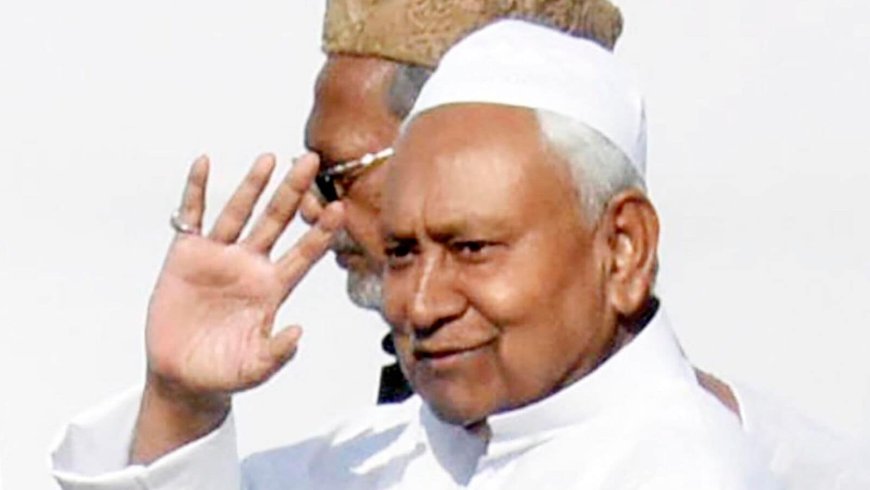Will Nitish Kumar’s support for Waqf bill help or hurt him in Bihar elections 2025? Explained
Bihar elections 2025: Chief Minister Nitish Kumar decided to support the Centre's controversial Waqf Amendment Bill 2025 which was passed in Parliament early Friday. Will it have any repercussions in state polls? Here, we decode.

Will Nitish Kumar’s Support for Waqf Bill Help or Hurt Him in Bihar Elections 2025? Explained
News by dharmyuddh.com
Introduction
The Waqf Bill has become a focal point of political discourse in Bihar, particularly concerning the upcoming elections in 2025. Chief Minister Nitish Kumar's support for this legislation raises questions about its implications on his political future. As political dynamics shift, understanding the Waqf Bill's impact on the electorate is critical.
What is the Waqf Bill?
The Waqf Bill aims to revitalize and manage the charitable endowments dedicated to the Muslim community in India. By providing better governance and transparency, the Bill seeks to ensure that Waqf properties are utilized for their intended purposes. It addresses long-standing issues that have plagued the management of Waqf assets.
Political Landscape in Bihar
Bihar's electoral landscape is diverse and complex, with various caste and religious groups playing significant roles. Nitish Kumar’s Janata Dal (United) party has historically aimed to maintain a delicate balance among these groups. His endorsement of the Waqf Bill seems to be a strategy to consolidate the Muslim vote, which could potentially be pivotal in the 2025 elections.
Potential Benefits of Supporting the Waqf Bill
By supporting the Waqf Bill, Nitish Kumar is likely to strengthen his rapport with the Muslim community. This demographic has shown considerable influence in Bihar's electoral outcomes. Enhancing support among Muslims could give Kumar a much-needed edge against his rivals, primarily if they fail to address similar community concerns.
Risks Involved
On the flip side, there's a risk that by endorsing the Waqf Bill, Kumar could alienate his traditional support base among the Hindu voters in Bihar. Many may view this move as favouring one community over another, potentially leading to decreased support from Hindu constituencies.
Conclusion: A Delicate Balancing Act
Nitish Kumar's support for the Waqf Bill presents both opportunities and challenges. His ability to navigate the sentiments of Bihar's diverse communities will be crucial. The effectiveness of this legislation in swaying votes will ultimately depend on how well it is received, both among supporters and opponents. As we look forward to the upcoming elections, only time will reveal whether this strategic move will bolster Kumar's political ambitions or backfire.
For more updates, visit dharmyuddh.com.







